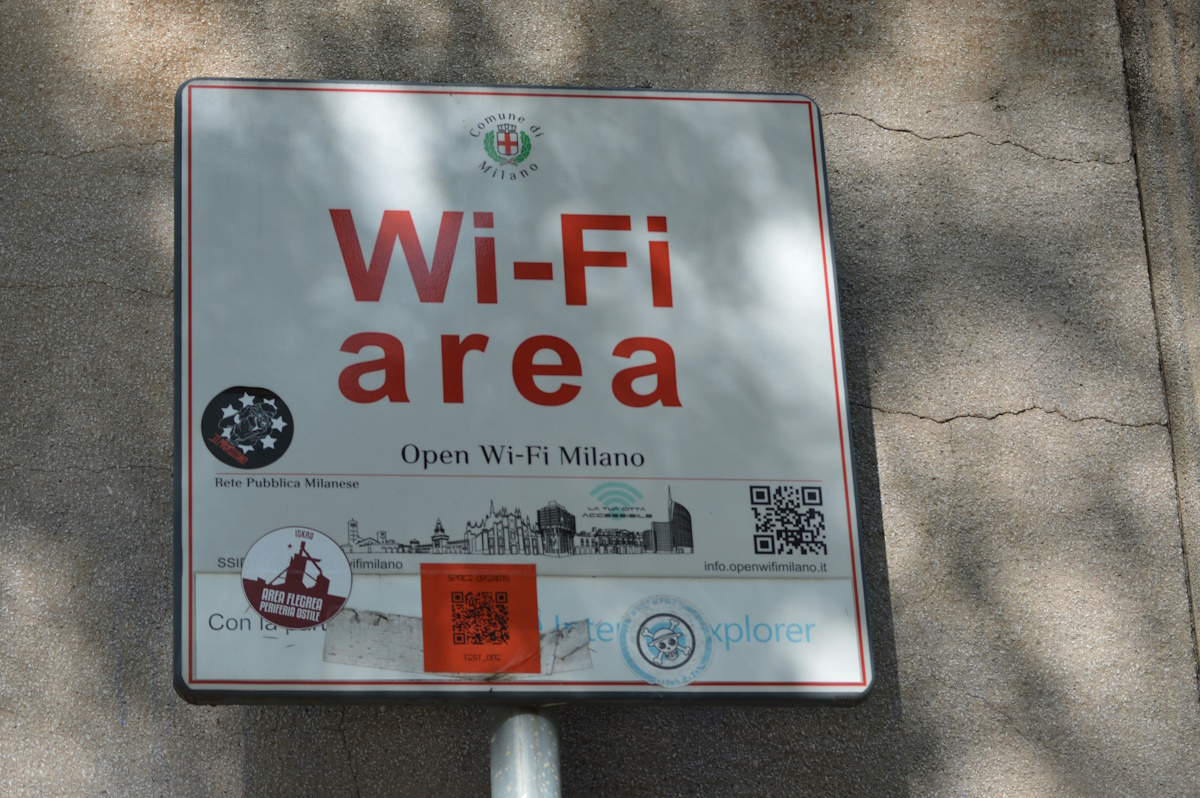Wi-Fi is next to Ethernet one of the main ways of connecting a device to the Internet. A PC needs a wireless adapter or chip to support Wi-Fi. The majority of mobile devices, for example laptops and tablets, support wireless connectivity.
This guide provides step-by-step instructions on disabling or enabling wireless Internet connectivity on Windows 11 PCs. It also lists examples when this may be useful.
The default: Wi-Fi is enabled by default on Windows 11. This means that the device is actively looking for wireless access points to connect to. Once a connection has been established, Windows will try to connect to the access point automatically.
Reasons for wanting to turn Wi-Fi off
- The device connects to the Internet via an Ethernet cable.
- You want to or have to block Internet connectivity for a time or permanently.
- Simplify network management.
Enable or disable Wi-Fi in the Quick Settings
Step 1: Click on the Wi-Fi icon displayed in the System Tray area on the Windows 11 taskbar. You find it on the right side of the taskbar next to volume.
Tip: you can also press the keys Windows and A together to display the Quick Settings.
Step 2: Click on the Wi-Fi symbol displayed in the Quick Settings interface. This toggles Wi-Fi on the device. A blue background indicates that Wi-Fi is enabled, a white background that it is turned off.

Optional: You may also use the interface to connect to a different wireless access point. For this, it is necessary to click on the right-arrow icon in the Quick Settings next to the wireless icon.

Note that I removed the names of the access points. They are displayed next to the strength indicator in the interface. There is also a Wi-Fi toggle on the page to enable or disable Wi-Fi.
Manage Wi-Fi in the Windows 11 Settings
The second option that you have to control wireless connectivity on Windows 11 devices is via the Settings app.
Step 1: Select Start and then Settings to launch the app. You may also press the keyboard shortcut Windows-I instead to launch it.

Step 2: Navigate to Network & Internet. There you find the toggle to turn Wi-Fi on or off. A click disables or enables the wireless connection.

Optional: Click on the arrow icon next to the Wi-Fi icon for additional management options. Here you get another option to disable or enable Wi-fi connectivity. When you disable Wi-Fi here, you get a new menu that allows you to restore Wi-Fi connectivity automatically after 1 hour, 4 hours, or 1 day.

Other options include:
- Opening the properties of the active wireless connection.
- Showing all available wireless networks, with options to connect to one of them.
- Manage all known networks. This gives you options to remove networks.
- Display the hardware properties of the wireless adapter.
- Enable random hardware address for improved privacy.
Other options to disable or enable Wi-Fi
Windows 11 users have several other options to control wireless connectivity. These may include:
- Using the Device Manager to disable the wireless network adapter (which in turn disables all Wi-Fi functionality).
- Using the classic Control Panel to disable Wi-Fi.
- Disabling Wi-Fi from the command prompt using the netsh command.
- Using a physical switch or key to toggle Wi-Fi.
Now it is your turn. Have another tip or reason for disabling Wi-Fi on your computers? Feel free to share it with everyone else in the comments down below.
Summary

Article Name
How to enable or disable Wi-Fi in Windows 11
Description
Find out how to turn off wireless connectivity on Windows 11 devices, or to enable Wi-fi again.
Author
Martin Brinkmann
Publisher
Ghacks Technology News
Logo

Advertisement
Source link
lol

